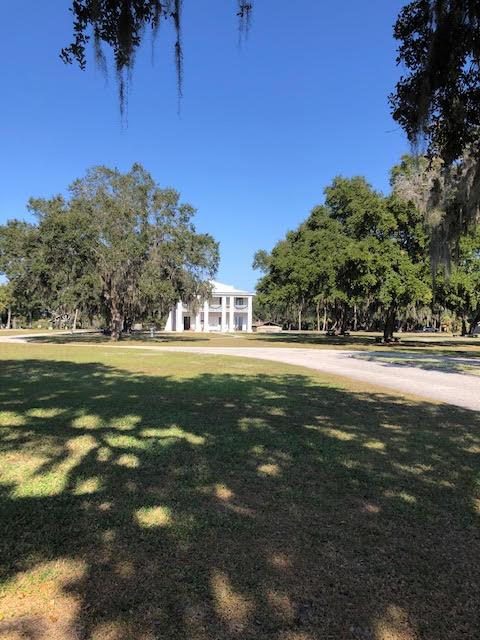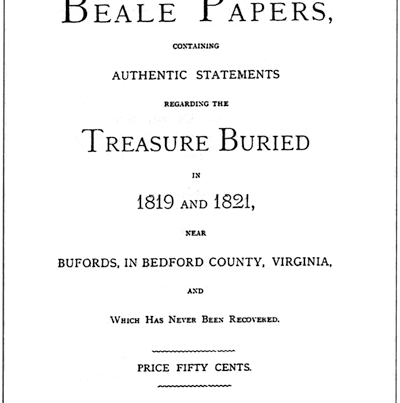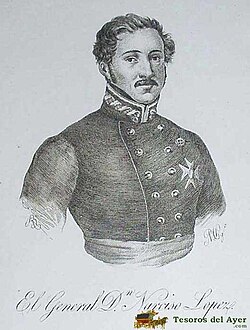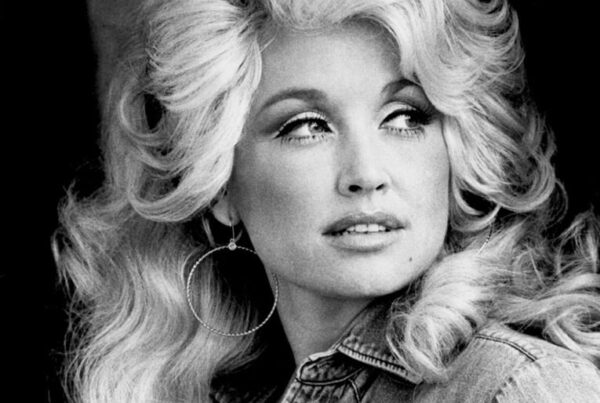“When things go south” is a phrase that typically means matters have taken a turn for the worse. Well, things have gone south in my family for a while now, and I couldn’t be happier. That is because I literally mean, gone South, and I feel more at home than I ever imagined possible. For things to go South, they would naturally have to originate somewhere else, and that is the beginning of my story.
I am not from the South, not by a long shot. I was raised in a cloistered community in the high-desert West and endured the misery of an average American public school education. I remember once responding (with no small amount of sass) to my dad’s invitation to work in the yard that I thought everyone had heard of the Emancipation Proclamation, inferring of course that my working for free was somehow akin to slavery and that Abraham Lincoln had long ago dispensed with that. That was probably when I was about twelve years old, but my education improved little in high school and all I can recall from passing my AP American History exam is that it required an essay on Transcendentalism.
Like most parents, mine must have relied heavily on the system to educate their children, because I cannot bring to mind any conversations that would have supplemented or corrected what I learned at school regarding history. I know they wanted to instill patriotism in us and my mother could pound out Sousa marches and patriotic hymns on the piano in a style that made us burst with pride, but we had little historical context for all this emotional nationalism and certainly no idea what the South had to do with any of it. We loved the Dukes of Hazzard and Gone with the Wind, but we could not tell you what went with the wind and we thought that Hazzard (hazard) must refer to the dangerous antics of the Duke boys, rather than a fictional county in Georgia.
This experience is so common that you may wonder why I would relate it, especially to a largely Southern readership. I do so because that is only the beginning of the journey and its happy ending is due to all those who contributed to my introduction to the “forbidden country”. I feel a deep sense of Gratitude and an obligation to honor the mentors, living and dead, who deal in the Truth that makes us whole. One by one, people can be found and taught to appreciate their entire historical legacy, not just what the powers that be have allowed. Finding the South is finding America, and more.
Most parents set out intending to do a better job than the generation before. My efforts to discover political and historical truth and provide a good future for my children led me to homeschool. Early on I was introduced to an elderly gentleman, Stephen Pratt, who had taken upon himself the task of teaching true American history. He was the first person I ever heard challenge the sainthood of Abraham Lincoln and give numerous credible sources he had personally researched with admirable scholarship. This great man has passed away, but his passion for true history planted a seed, albeit one that would have to wait quite a while to grow into full maturity.
I have perused many homeschool catalogs over the years and used several American history texts, but none were quite right. Where is one to find true history among so many blind guides? Through our continued political and educational pursuits, we became familiar with Ron Paul and through him, Tom Woods, in whose Liberty Classroom we finally discovered Brion McClanahan. I was hooked from the first lecture. Initially, I thought it was just the novelty of hearing the “Civil War” taught with a Southern accent and perspective, but as my children and I continued the series, I realized it was the thrill of finding someone who could continue where Stephen Pratt had left off. This is where things really “went South”.
In addition to listening to the history lectures, I began listening to Brion’s podcast and subscribed to McClanahan Academy and the Abbeville Institute. I started reading books recommended in each of these outlets and discovered an appetite for history and literature that surpassed anything I had experienced before. I found people, places, events, and ideas that have purposely been obscured from the public, but which filled me with inspiration. It was a homecoming I could not explain because it was centered on a place I had never been.
It would be impossible for me to catalog the paths of my travels, and it isn’t necessary because many of you already have or will shortly meander down these same paths yourself, but they include evenings with Patrick Henry, Augusta Jane Evans, Richard Weaver, Eugene Genovese, William Faulkner, Andrew Nelson Lytle, Flannery O’Connor, Thomas Nelson Page, Robert Penn Warren, and Wendell Berry. Uncovering real Southern history and literature has been like a recurring dream I sometimes have of wandering through what I believe is my home. As I walk through it, more and more rooms appear where I never noticed them before, and I am astonished by the spaciousness and beauty of this home.
This journey did include one physical trip cross-country and south of the Mason-Dixon Line to feel for myself the close embrace of Southern humidity, to see the trees gracefully draped with Spanish moss, and to bask in the warmth of genuine Southern personalities. Most families with teens might plan their vacation with access to roller coasters in mind, but we used our logistical genius to put us in the only surviving antebellum mansion in South Florida. We do not travel much so I had to use this opportunity to teach the history that was denied to me. My children may never have another chance to be in a museum that boldly displays the Stars and Bars, a beautiful painting of General Robert E. Lee, and a lovingly preserved Confederate uniform.
The South is definitely a place, but that is not all it is. The South is a living being. It breathes and has a soul. It cannot be encapsulated in a book or paragraph, but it becomes more tangible through every encounter with its residents, writers, and statesmen. Being an American and denied its company is like being a child deprived of the nurture of one of its parents. My reunion with it has filled an emptiness, given depth to my personal life, and increased my appreciation for our complete American story. At last, I have been handed the missing pieces of a puzzle that finally allow the whole picture to come into view.
There lingers some resentment for those who severed me from this gift of wisdom, humor, courage, and experience offered by the South; this amputated part of the body of American heritage, but the resentment is superseded by the gratitude for individuals and institutions keeping the Southern tradition alive, and the joy of embracing all that is good in that tradition. I will always be grateful things went South for me and am hopeful that if the truth can reach me way out west, it can reach others. I am sure I will never pass for a Southerner, but I have discovered that in many ways, I am one, and my heart is certainly at home there.







The Stars and Bars is the first flag of the Confederacy. It was often confused with the flag of the United States. Confederates adopted the Stainless Banner which was patterned after the Christian Flag and since the Confederacy is the sole government formed to recognize God as Creator, this flag was a logical choice to replace the Stars and Bars. However, on still days, the Stainless Banner was apt to resemble a flag of truce or surrender so it was amended with a red panel at the right side. Thus the Blood-Stained Banner was the 3rd and final flag of the Confederacy.
The Confederate Battle flag is the most recognized of Confederate symbols. Its display causes panic and trepidation in most of the uneducated world.
This is a marvelous and beautiful piece. The South is a living being. Yes, she gets to the heart of the matter.
Thank you for your encouragement. I have benefited greatly from your hard work and the legacy you have created.
“…I have discovered that in many ways, I am one…”
You are, indeed.
This is a fantastic piece, thank you for taking the time to share your experience. You are now the second Mountain West girl who is Southern friendly, the other is Suzanne Sherman from Utah. I wish many Southerners would break away from their State educated indoctrination and find the South.
Thank you! I was actually born and raised in Utah. Suzanne and I will have to get together and organize Abbeville’s western satellite.
Outstanding and compelling explanation of the journey to understand what being Southern genuinely means. I love your notion of it being a living , breathing soul. As a former history teacher I cringed when I taught from the textbooks and often sent high school students on treks to the library to discover alternative views about our nation’s history. An educated person is one who challenges and searches to understand the facts rather than accept the “truth” published in a textbook. Touché’ well done.
We welcome you! Home is always South of wherever you are….
Mrs. Paine, this is my first opportunity to read one of your essays. I want you to know that I was very much moved by your beautifully crafted effort. Thank you!
Thank you for your kind words. I feel blessed by all the writers I have discovered in this Institute.
Very good Ms Julie
Very good.
Tony C
Rexburg, Idaho
Hello, neighbor!
The obliteration of the longleaf pine forest, American Chestnut tree and the Southland, have been completely untold or lied about to generations of Americans with taxpayers $.
Through the efforts of true conservationists and good people like Abbeville and yourself, these precious resources have been obliterated, but not exterminated.
Thanks
Mrs Julie,
Hey I found my way here through Your kind message you sent me on spacebook , I sure appreciate Your kindness, Your patience and Your direction! Speaking for myself (and the rest of Tennessee) I want to say simply: WELCOME HOME MA’AM! Thank You for ALL You have done and all You are doing in the name of FACT!
Sincerely, Chance Johnson (Mason Dixon)
Thank you! That means everything to me.